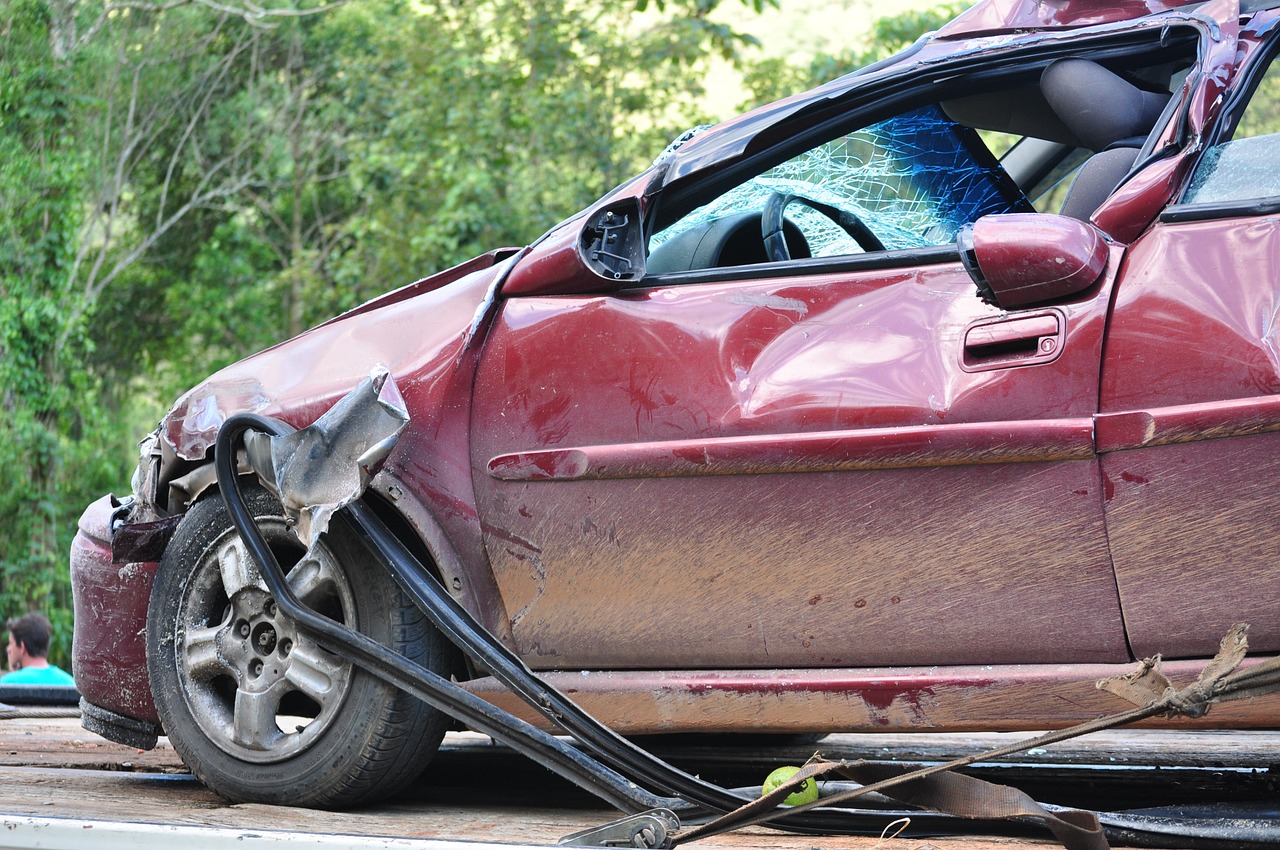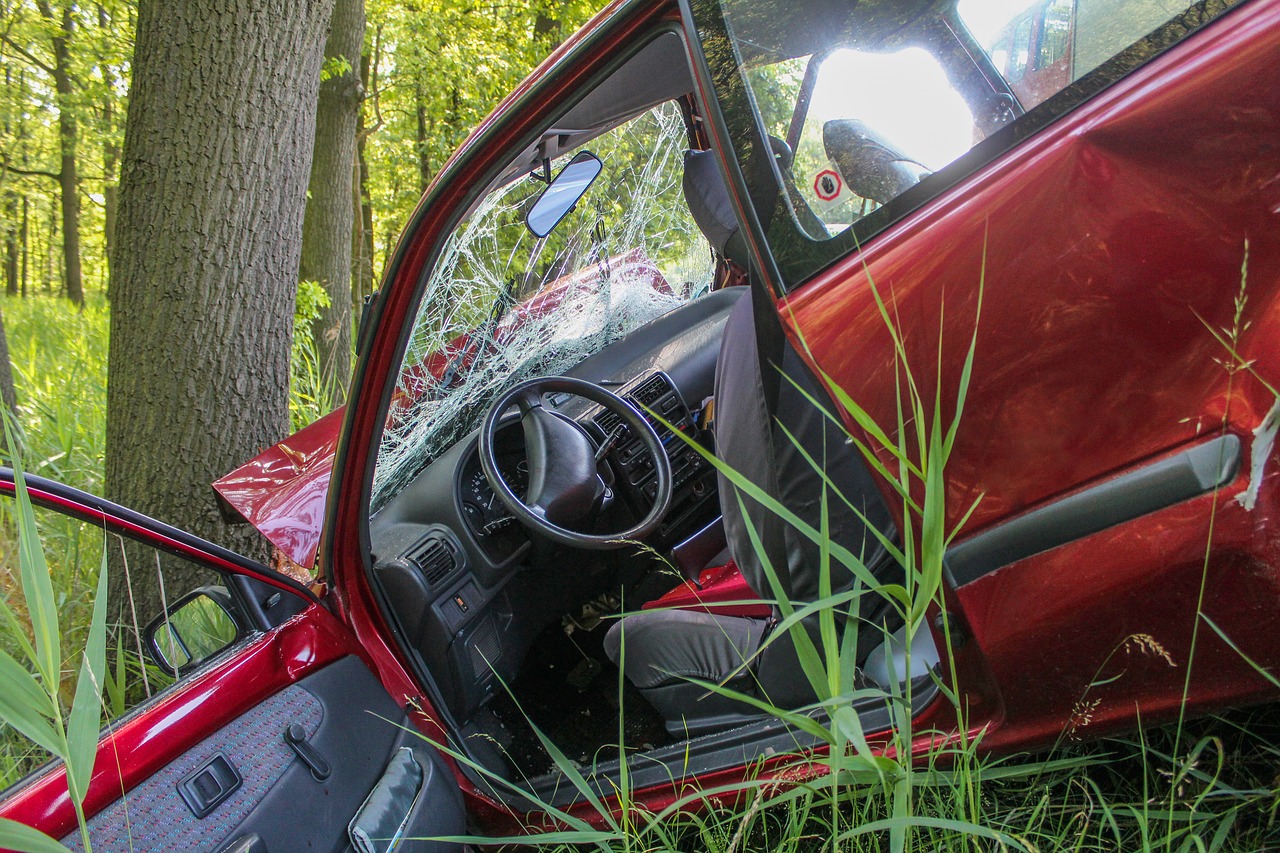Data out of the U.S. shows that drivers are 12% more likely to be involved in a fatal crash on April 20, the famous marijuana holiday, even if they aren’t consuming cannabis, according to research from the University of British Columbia and the University of Toronto.
The research used data from the U.S. National Highway Traffic Safety Administration. Researchers compared the number of drivers involved in deadly crashes after 4:20 on 4/20 to the number of drivers in deadly accidents in each state a week before and a week after the marijuana holiday.
IMAGE: PIXABAY
Marijuana Statistics Over The Years
Researchers found an increased risk that equated to 142 additional deaths over 25 years between 1991 and 2016. The risk is higher among young drivers under the age of 21, rising to 38%.
Maine is among the highest-risk states, with data showing that drivers are four times more likely to have a fatal crash after 4:20 pm on April 20. Researchers say the findings are statistically irrelevant due to Maine’s small population.
Still, any increased risk of a fatal crash is cause for concern.
“When a car accident occurs, serious and sometimes fatal injuries often result in mounting medical bills, lost time from work, pain and suffering, and other life-changing consequences,” says car accident attorney at Sigurdson Law. “The aftermath of a serious car crash can have a significant impact on the financial well-being of a victim and his or her family, adding undue stress to an already difficult situation.”
Medical marijuana is legal in most states in the U.S. and Canada. In America, recreational use of the drug has been legalized in nine states as well as Washington, D.C. Marijuana is expected to be legalized in all of Canada in July.
The National Institute on Drug Abuse says marijuana use can impair a person’s driving ability, but also notes that it can be difficult to link automobile accidents with marijuana because the drug is often used while drinking alcohol.
The research, published in the Journal of American Medical Association Internal Medicine, does not take into consideration whether the state has legalized cannabis. Because legalization varies from state to state, it is difficult to categorize and compare risks by level of legalization.
The research also does not consider whether cannabis played a direct role in the fatal crashes on April 20, as a police drug report was only included for about one-third of the drivers involved in deadly accidents. Because cannabis stays in the system for long periods of time, a positive lab result does not necessarily mean that the driver was impaired.
In Colorado, where recreational use of marijuana is legal, the state’s transportation department partnered with ride-sharing service Lyft and a pot industry group to offer discounted rides to people using cannabis on 4/20. Data from the state shows that 15% of DUI arrests in 2017 involved marijuana. A survey from 2016 found that about half of users in Colorado felt that it was safe to drive while under the influence of cannabis.
The author of the study says his intention with the study was to show that impairment with alcohol or any drug increases the risk of a car accident.
If you are interested in even more lifestyle-related articles and information from us here at Bit Rebels then we have a lot to choose from.


COMMENTS